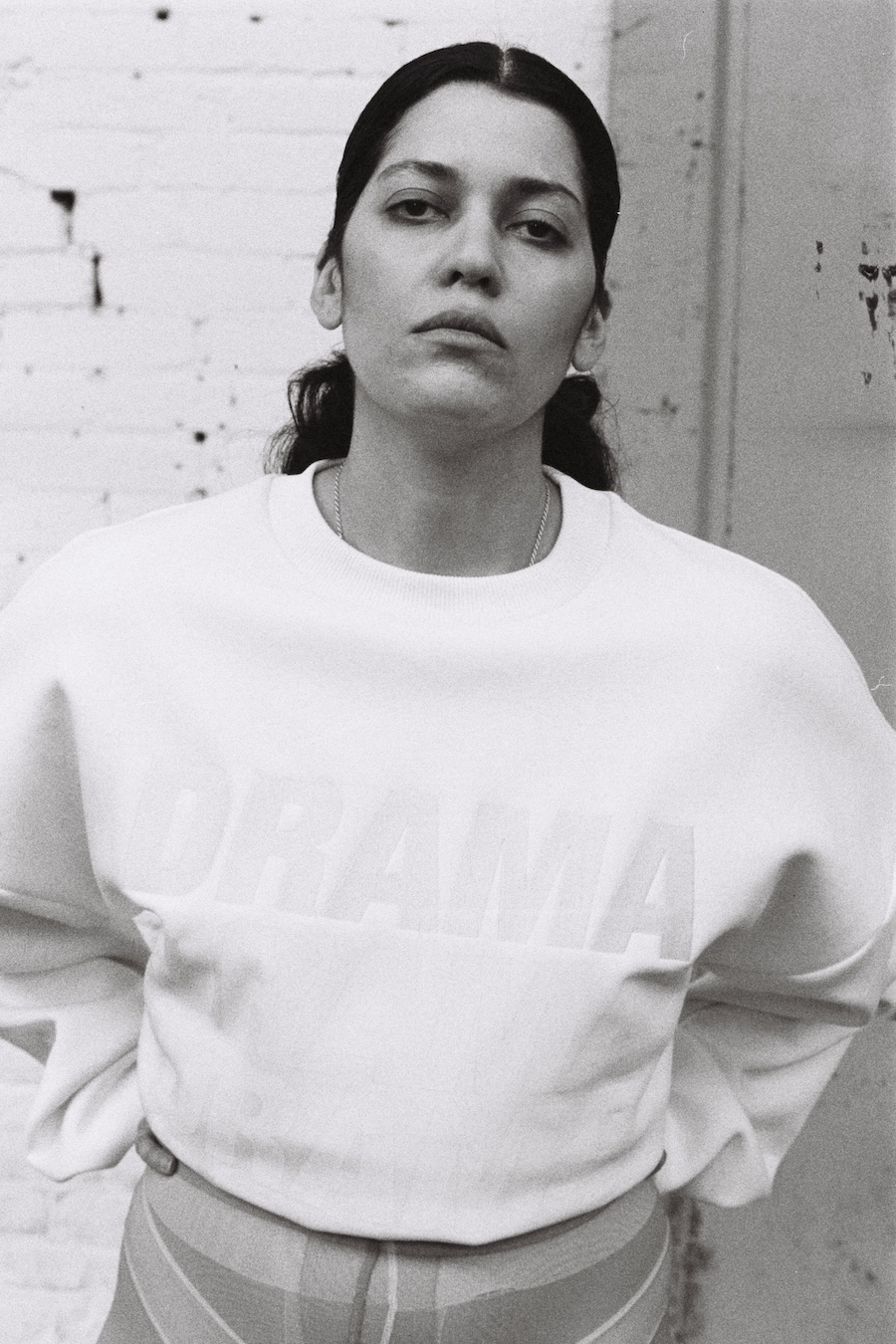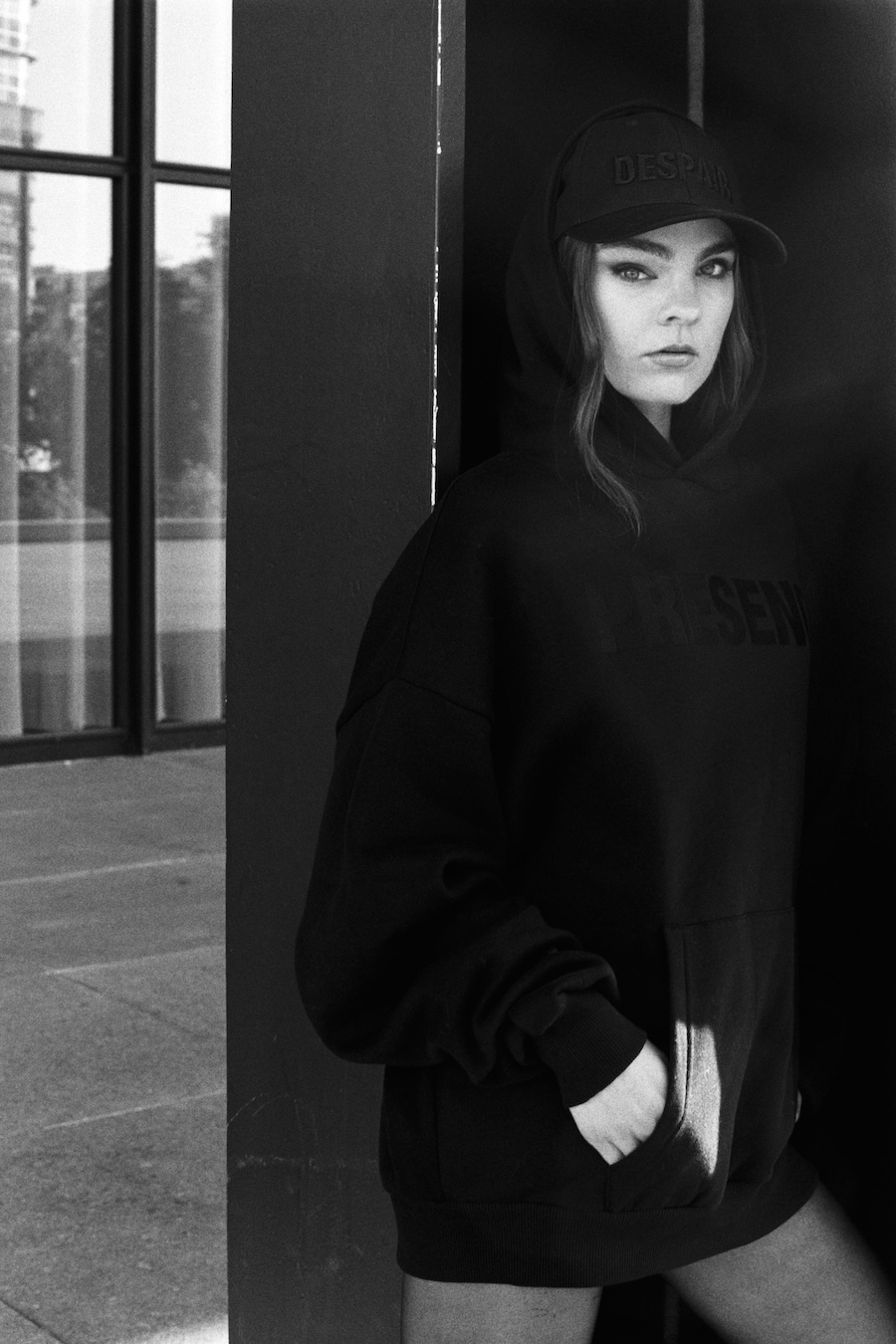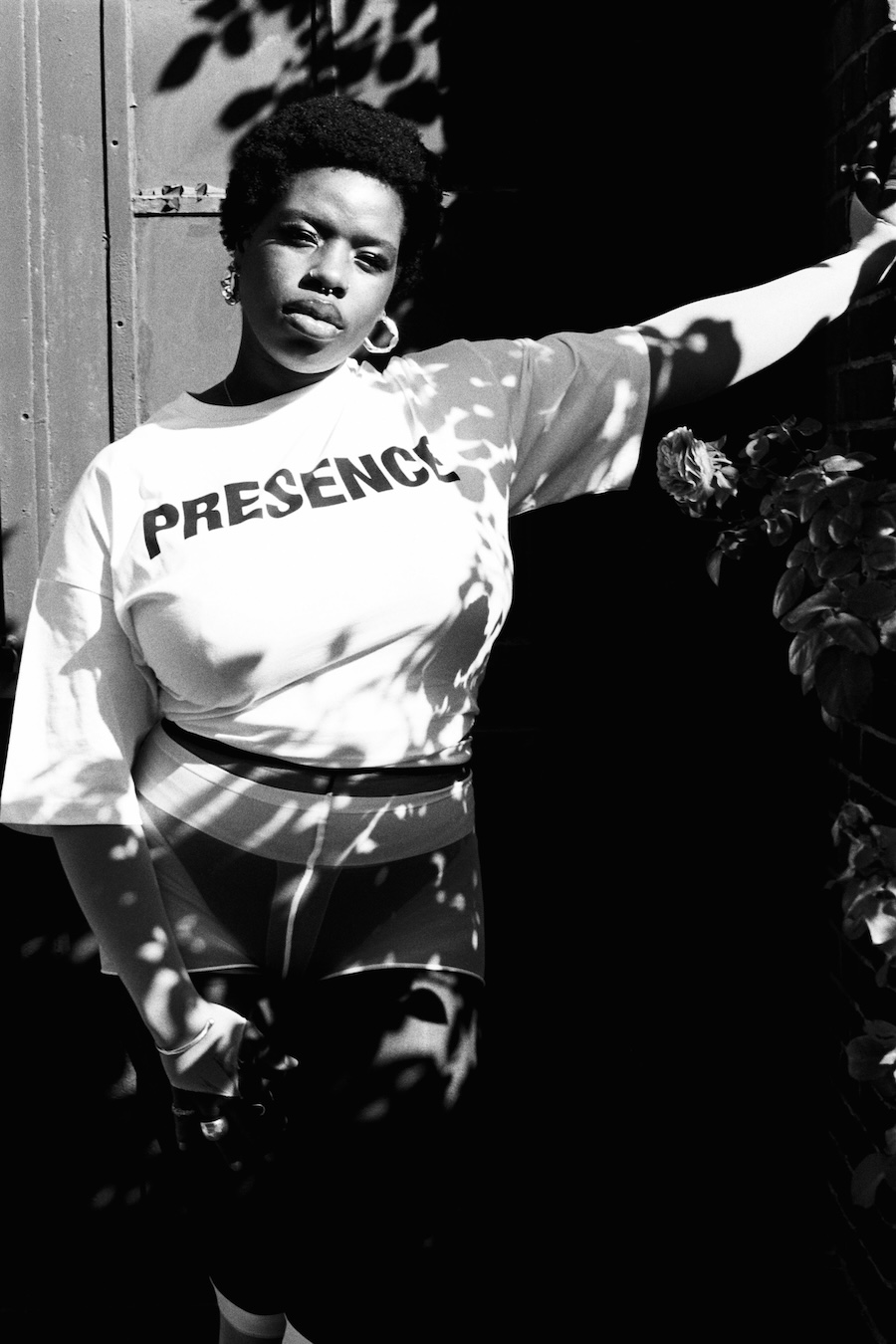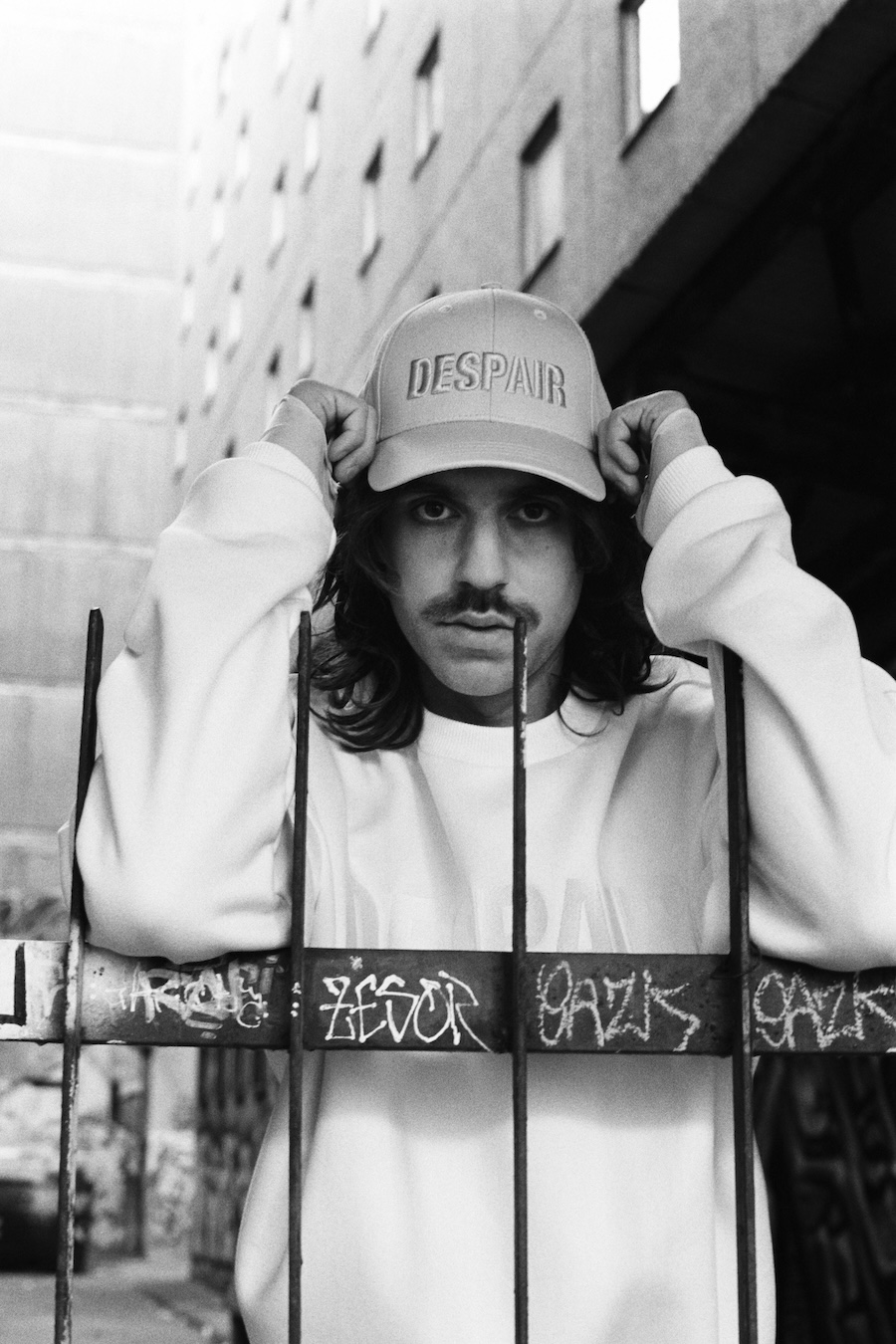
Germany’s young creative talents find themselves in a chokehold of diminishing government funding to educational and outreach programmes, threatening to undermine long-standing institutions as well as the renewed international interest in its fashion industry.
The mood is decidedly depressed at University of the Arts (UdK) in Berlin, one of Germany’s leading arts universities. Funding cuts across all of the city’s publicly financed cultural and arts programmes have left the school depleted in staff and its facilities’ opening hours. It is hard for students to remain optimistic, facing an uncertain future and missing resources to support their projects and graduation presentations. Sadly, the UdK is just one of many — this is the picture you will find at cultural institutions and outreach programmes across the country.

A recently published campaign, shot by photographer Sven Marquardt in collaboration with PLATTE, takes a stand against these cuts into Berlin’s creative talent development. “What would we do if there was no theatre, no photography, no music? It’s as though they’re closing the doors on creativity”, says Kathy de Siqueira, co-founder of PLATTE, a concept store and platform offering retail spaces, financial and mentoring support to emerging designers. The photo series features the Berlin store’s first own sustainable apparel line co-produced with Gaëlle Martin and locally based EDO Goods from certified organic cotton, designed in collaboration with artist Eike König. Reflecting the creative industry’s current struggles, the messaging revolves around five keywords, each represented by a character from the creative industry.
Artist Samja Zad stands as Drama and the tension between community, exhaustion and self-realisation, while DJ Juba as Presence gives a voice to the city’s world-famous club culture. Jette, a painter, gives meaning to Absence and the cultural silence that will follow the intentional starving of the scene. The musician Zachi represents Despair — the dominating sentiment amongst young creatives who feel abandoned by their government. Eike König stars as The Doubt over responsibility and integrity in culture.

The feeling among fashion and fine arts students and graduates is especially hopeless, as government investments into their practice offered an opportunity that few other fashion capitals offer. “For culture to develop alternatively, it can’t be 100% subject to capitalist constraints”, says Lilith Kunst, who currently studies Fashion Design at UdK, “that’s what makes Berlin so beautiful and unique, that it works differently here.” Funds have dwindled so much that one of the Bachelor programmes cannot afford more than two models per BA student for their graduate show.

The Public University HTW, another public arts university in Berlin, faces similar challenges. PLATTE Executive Board Member Anke Schlöder, fashion designer and professor at the school, sees platforms like PLATTE and their NEXT GEN program competition, which awards young designers with retail support, consulting, mentoring and visibility, as especially important, right now: “Just because funding for our public universities is being cut doesn’t mean there isn’t a young generation interested in studying these subjects.”
Dennis Chuene, a designer who has been working with PLATTE for over three years, attests to the opportunity the platform brings: “I was looking for a place where I could start over and without too many rejections, and PLATTE gave me that first opportunity”, he recounts, “A few months ago, I stood alongside Billie Eilish on stage and did some products for her, that deal came through PLATTE.”

Schlöder still emphasises the danger of unattractive and unfair conditions for young designers, who might not see themselves in Germany due to a lack of financial support. “You’re not stopping a new generation of fashion designers from their studies, you’re just changing the way they do it, and talent could become secondary in priority.”
While new talents are affected disproportionately, the German fashion industry itself is categorised as part of the economic sector, securing it from household budgeting revisions thus far. This reveals the logical fallacies of an overly bureaucratic government funding system and questions how serious the country is about renewing its fashion industry’s international relevance.
www.platte.berlin / @platte.berlin
@svenmarquardt / @eikekoenig
Text by Lynn Yin Dittel @https1ynn
Photo/Creative Direction @svenmarquardt
Photo Assistant/BTS @streetmoments.nyc
Collection @eikekoenig X @platte.berlin
Creative Production @ann.on.air
Production Assistant @jakobilcom
Coordination/BTS @anni.mlz
HMUA @sue_eder
Creative/Styling @martin.de.siqueira
Location @hausdervisionaereberlin
Talents
@i_samja
@jette
@eikekoenig
@jubamusicldn
@zachi01099
sustainably produced by @gaellemarting with @edogoods for PLATTE.Berlin and designed by Eike König in collaboration with PLATTE.Berlin

